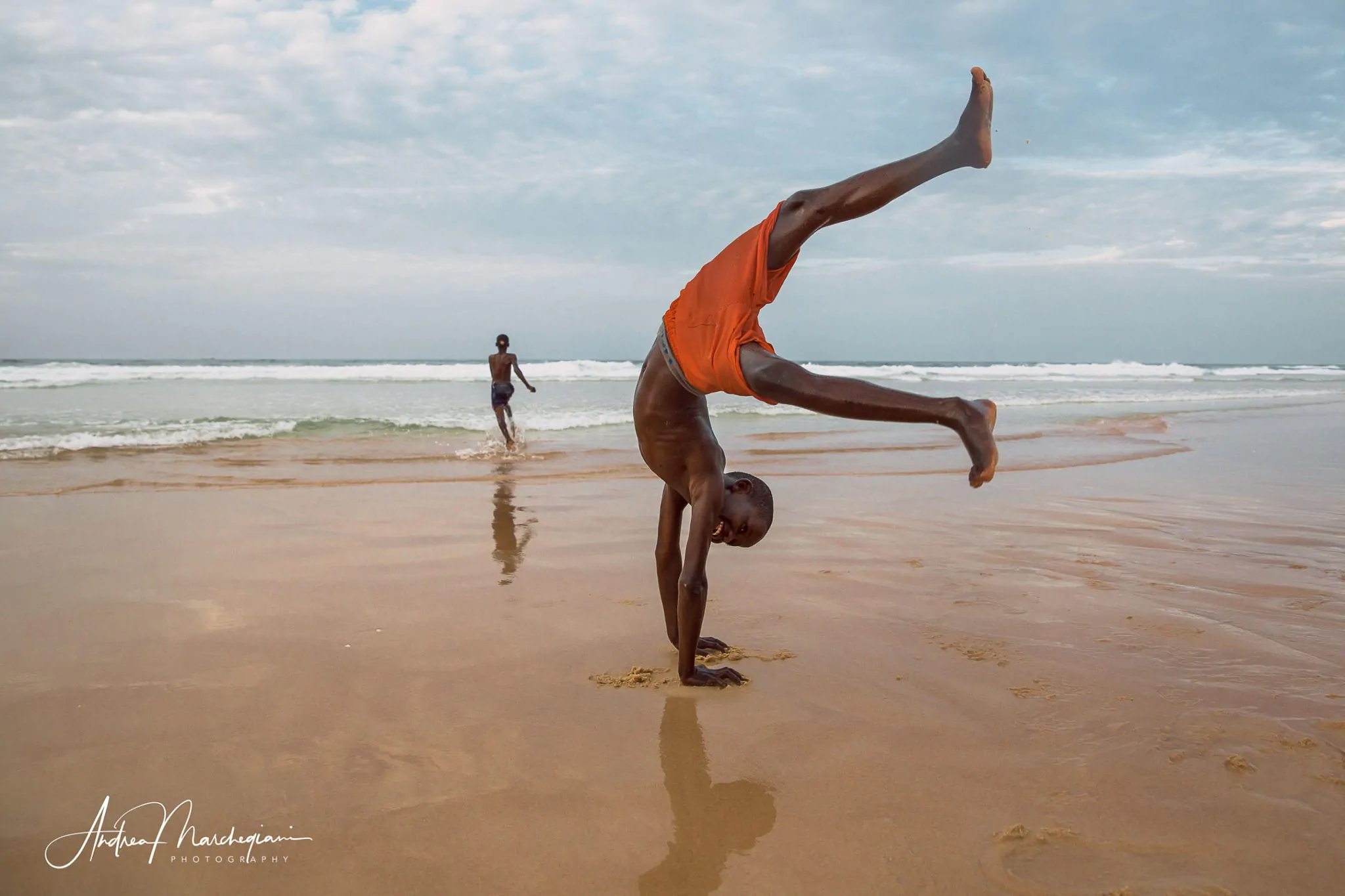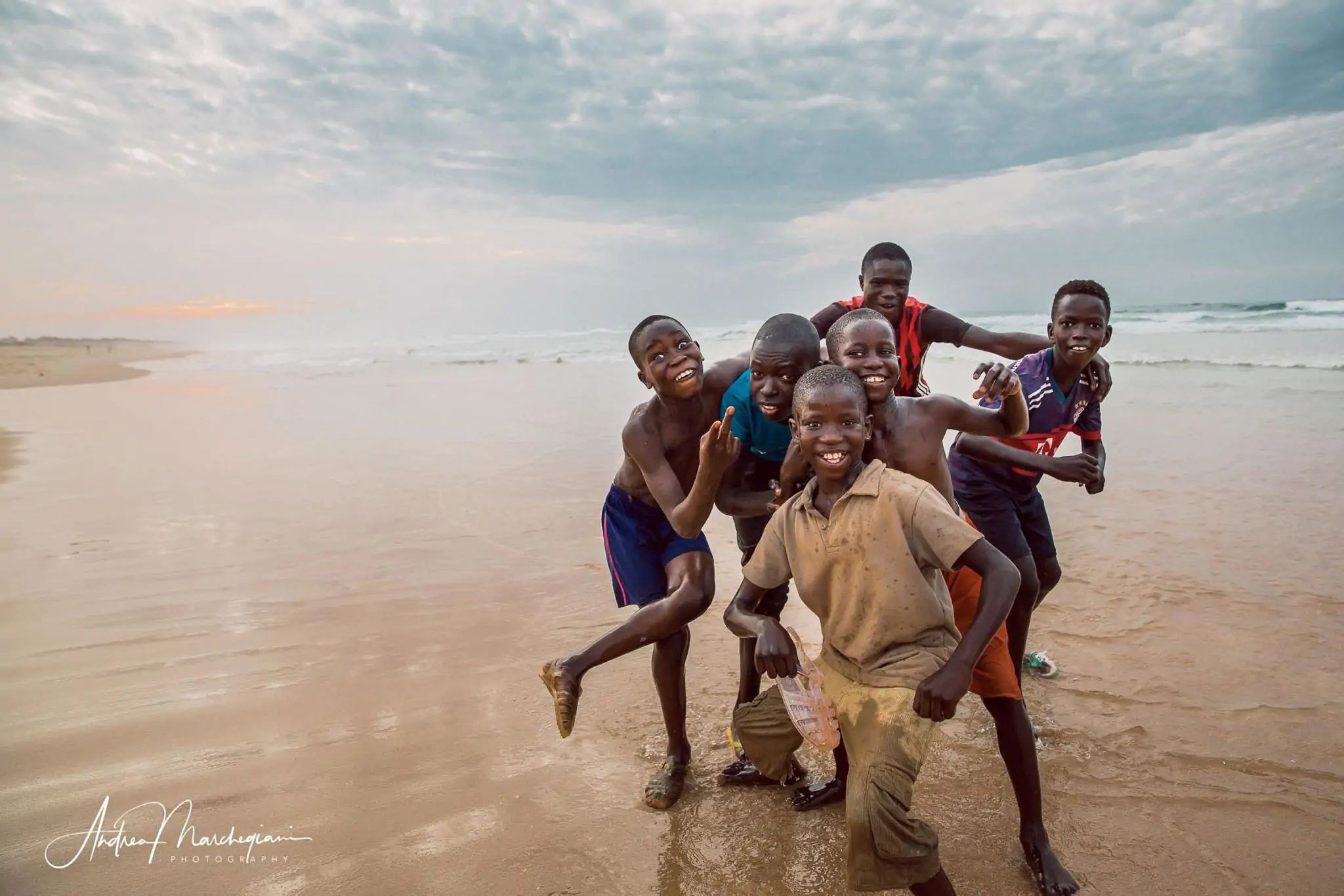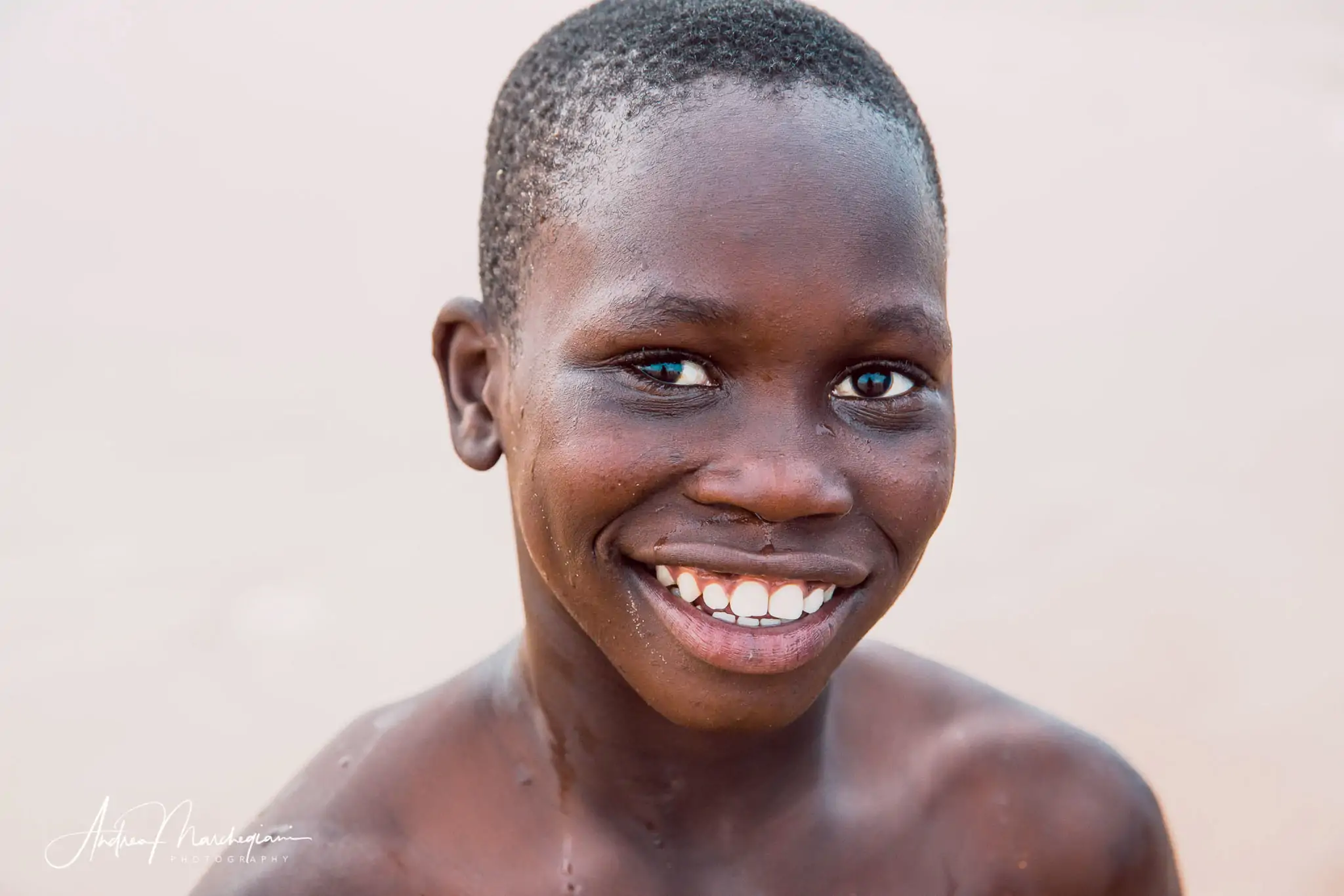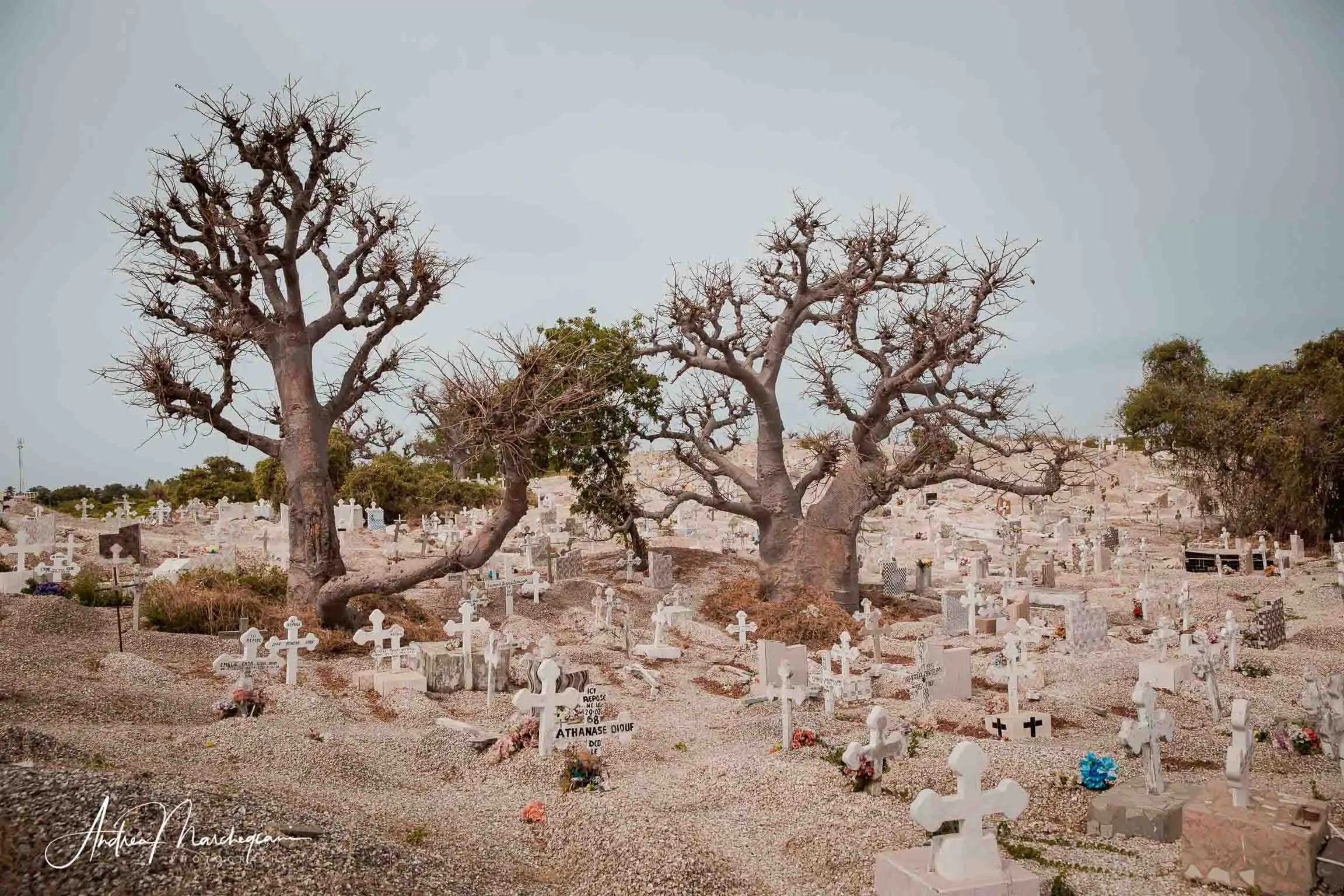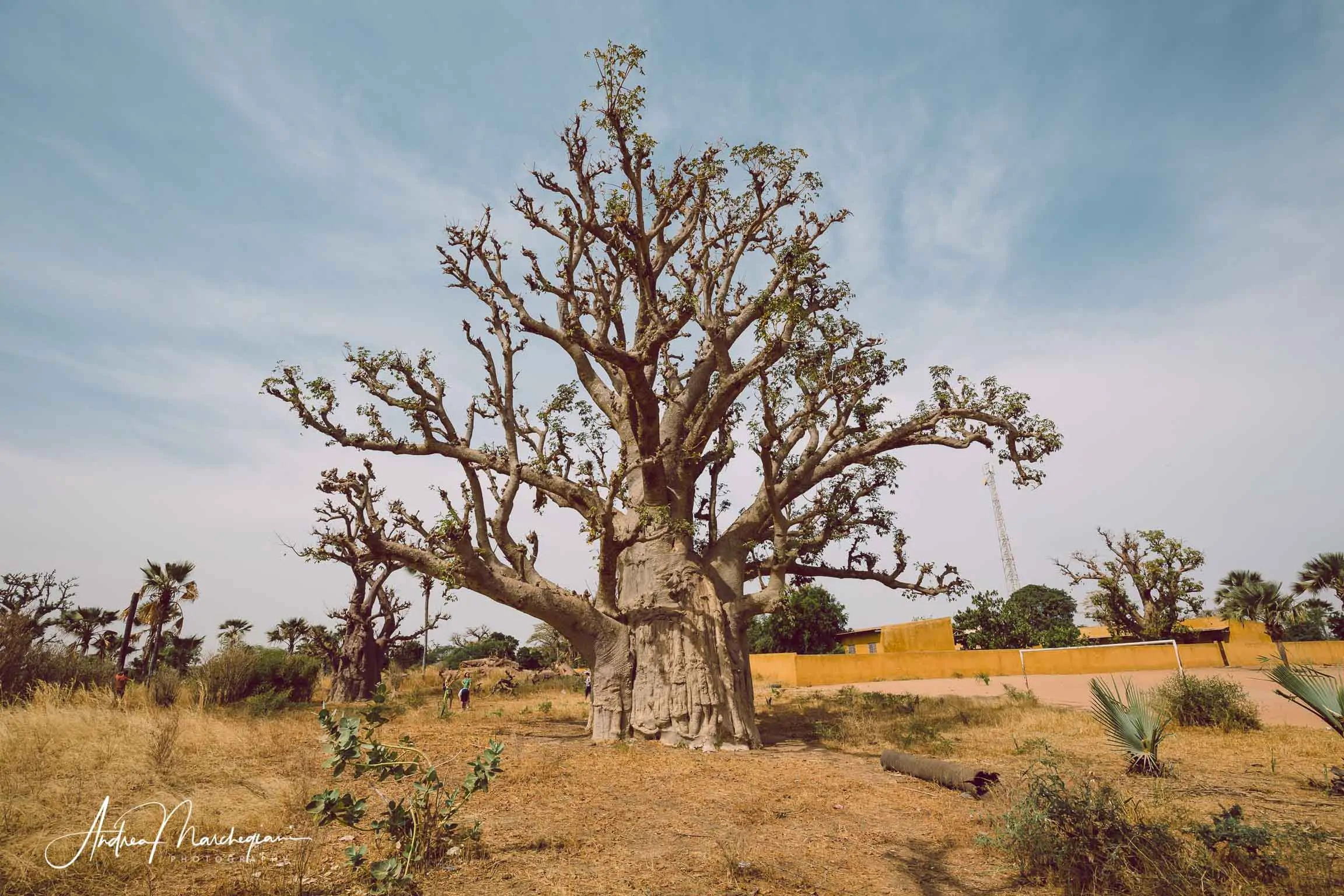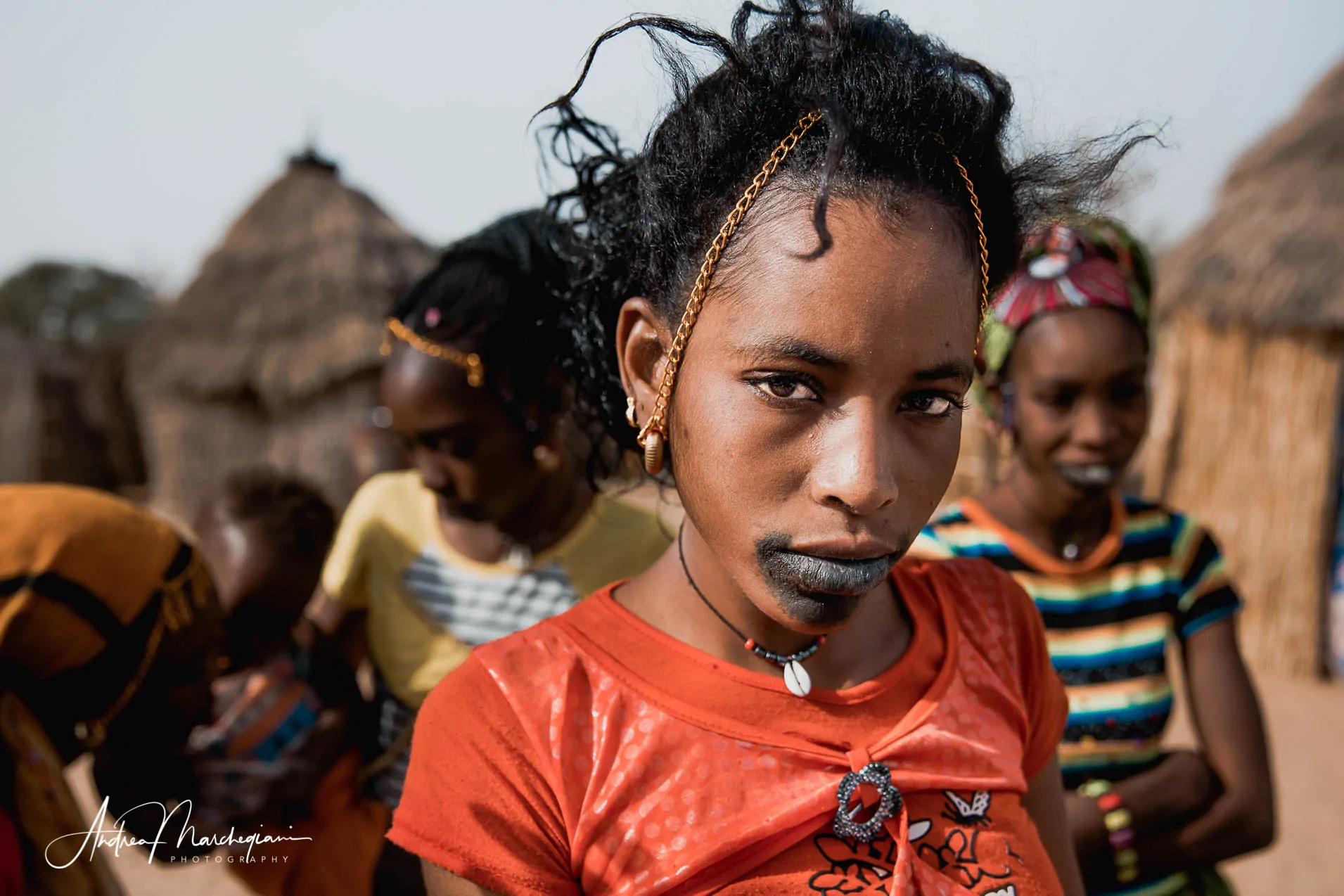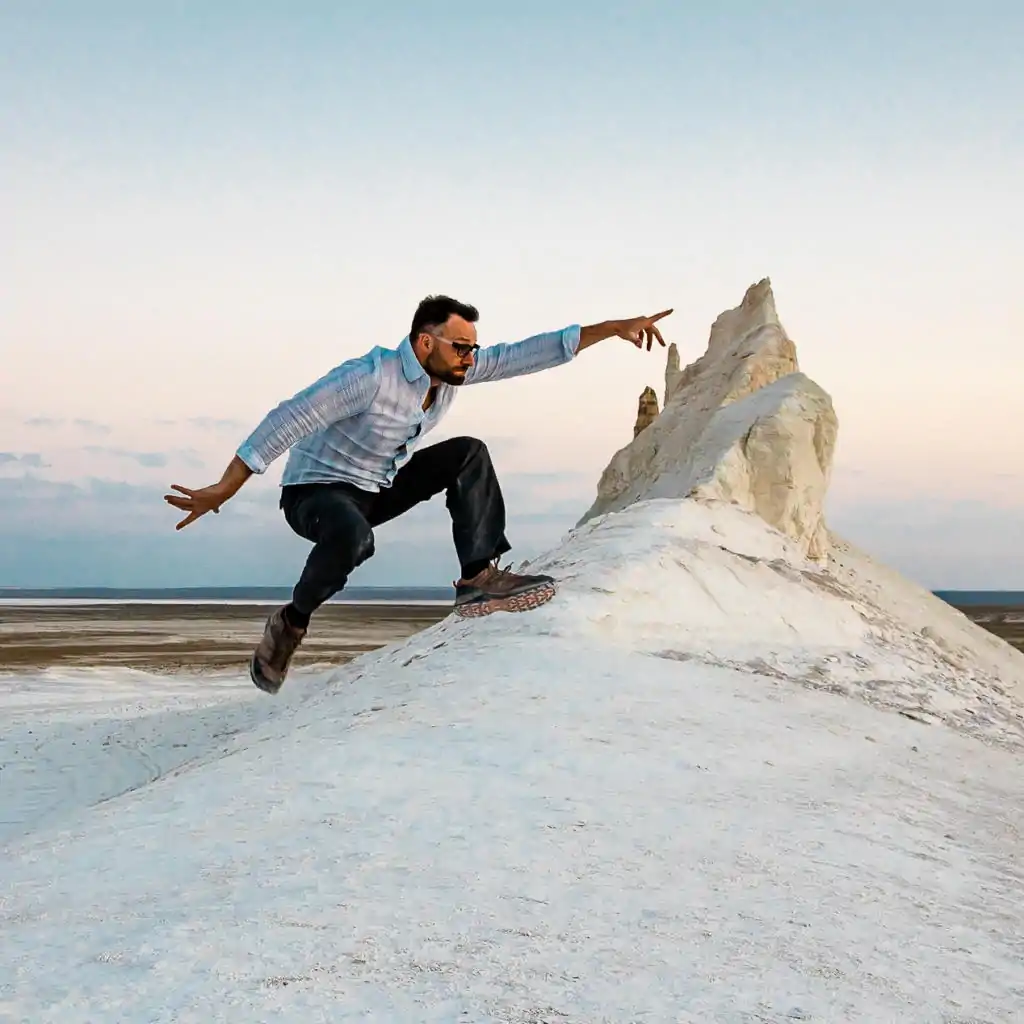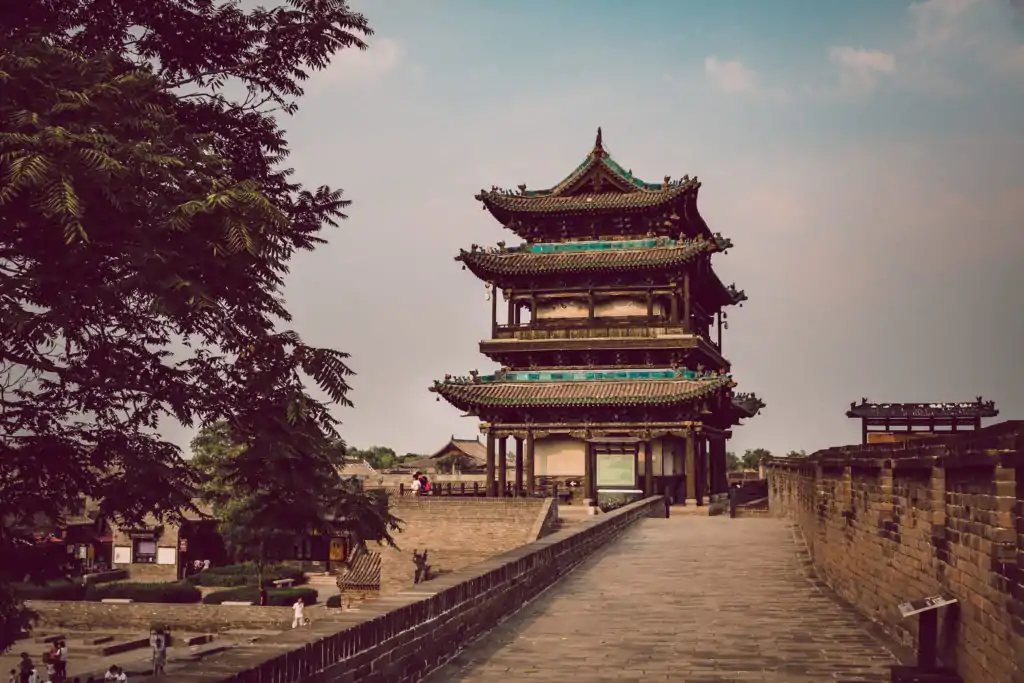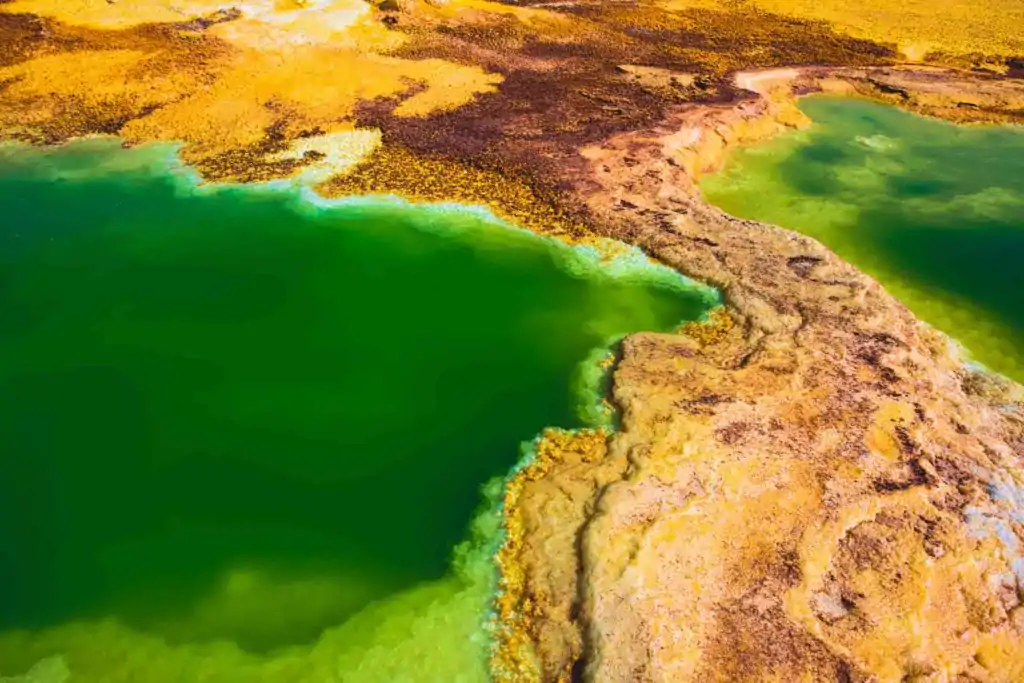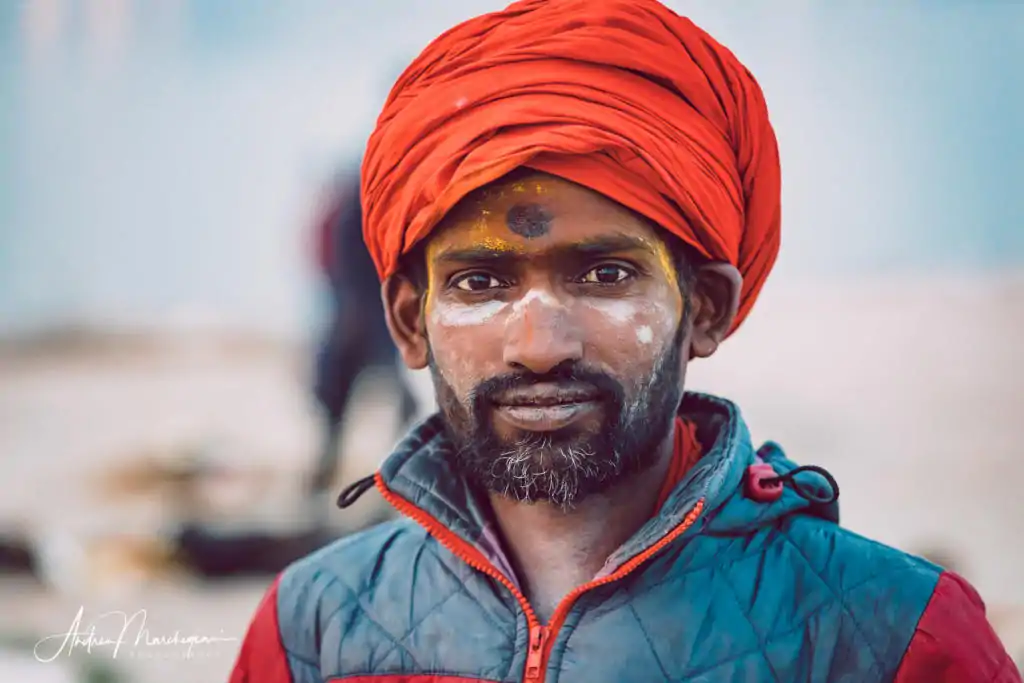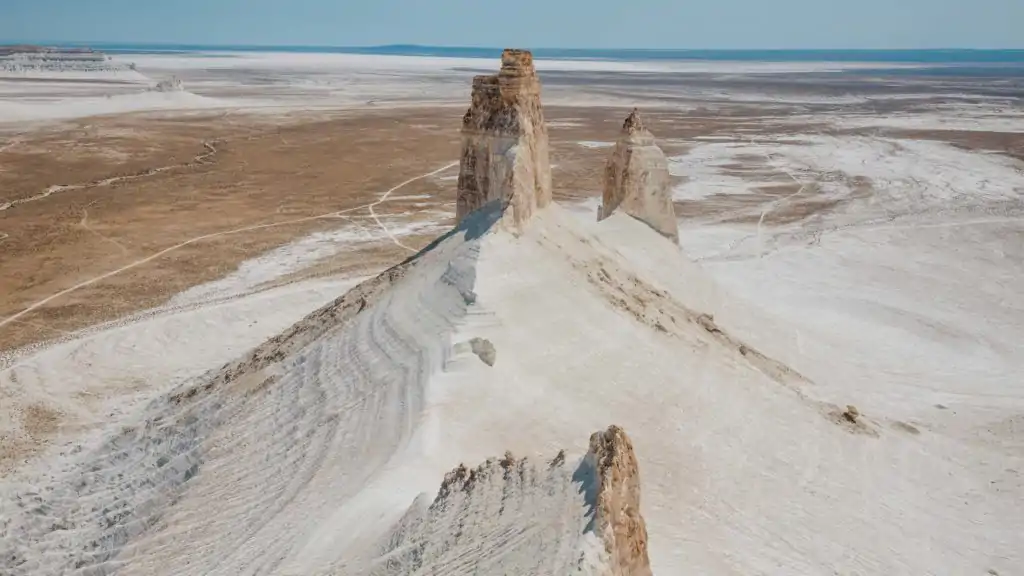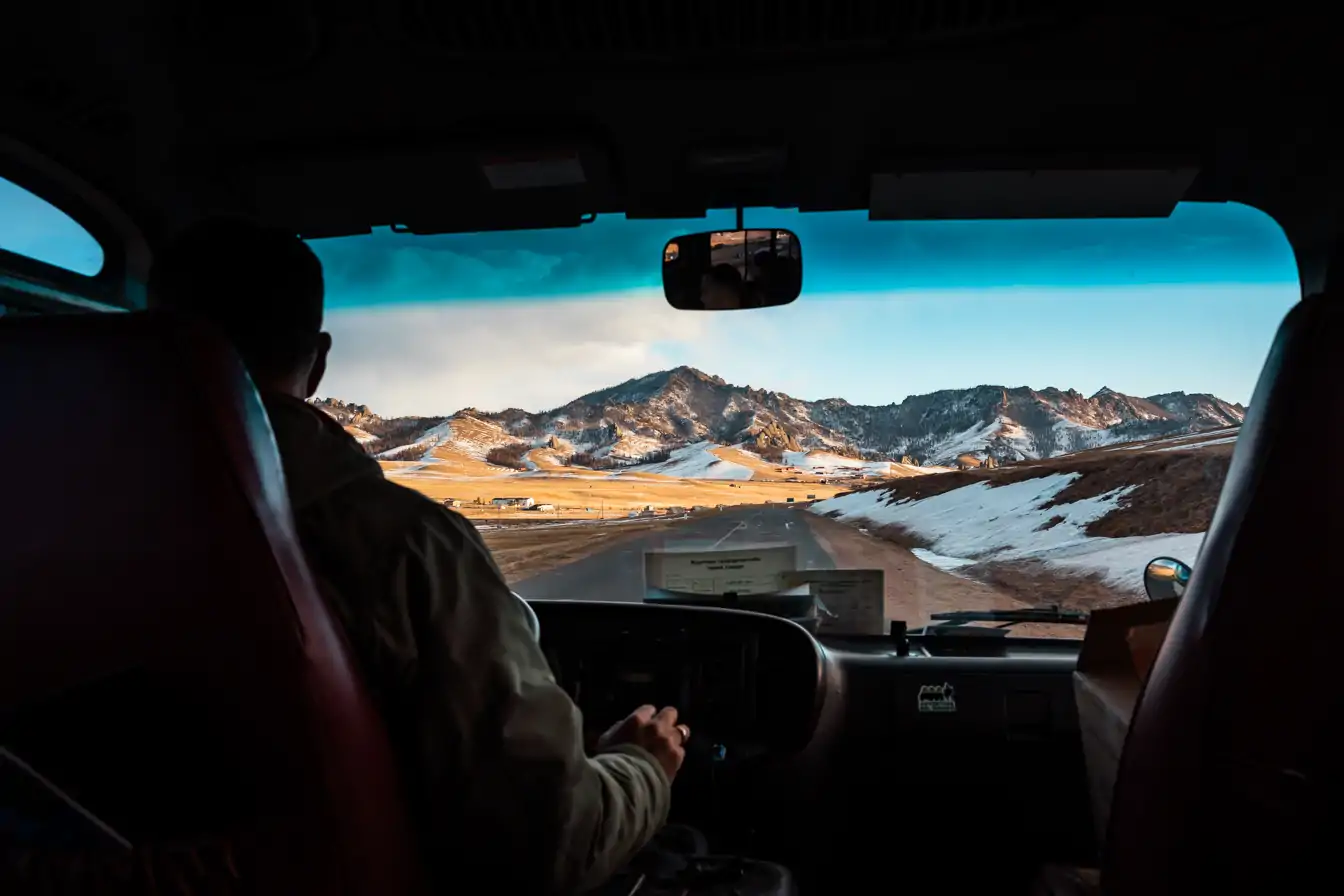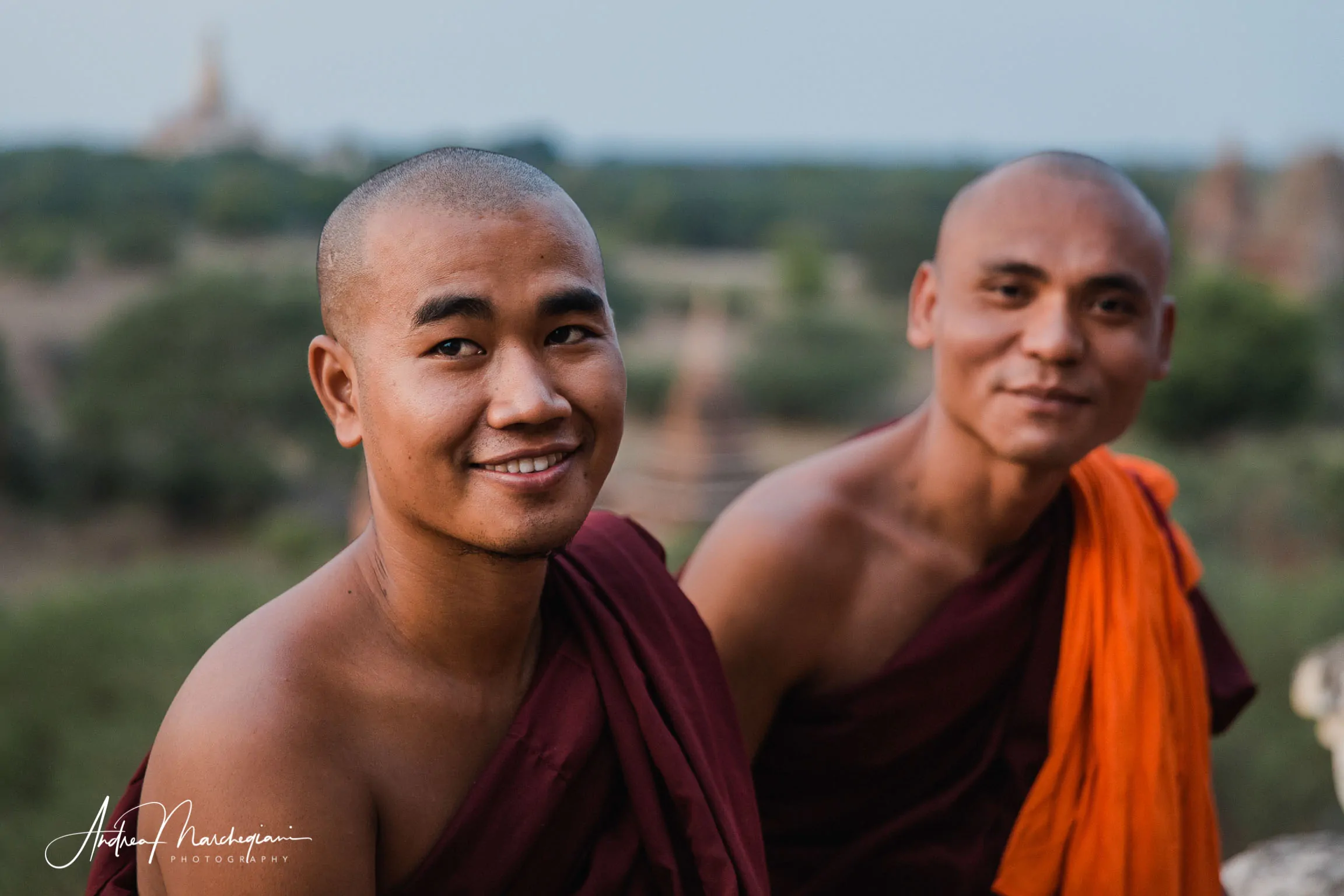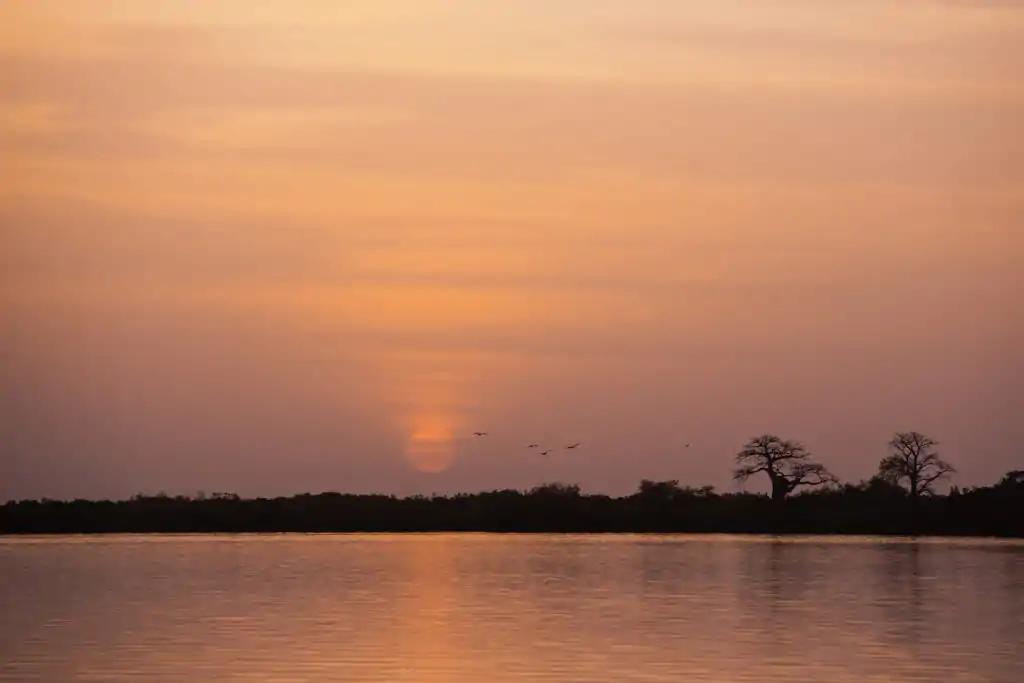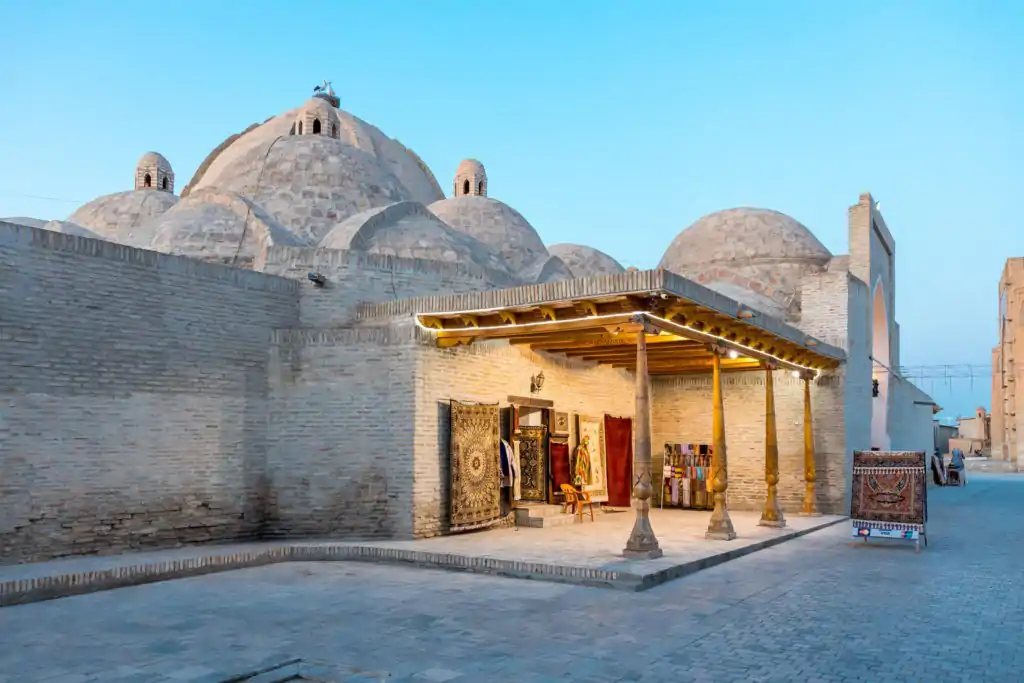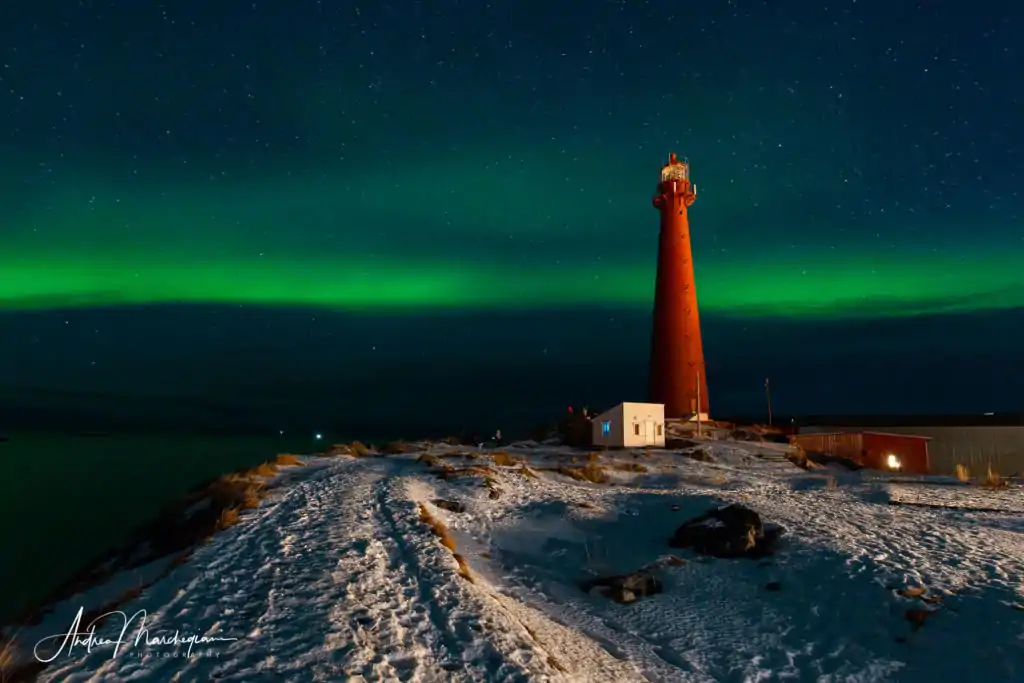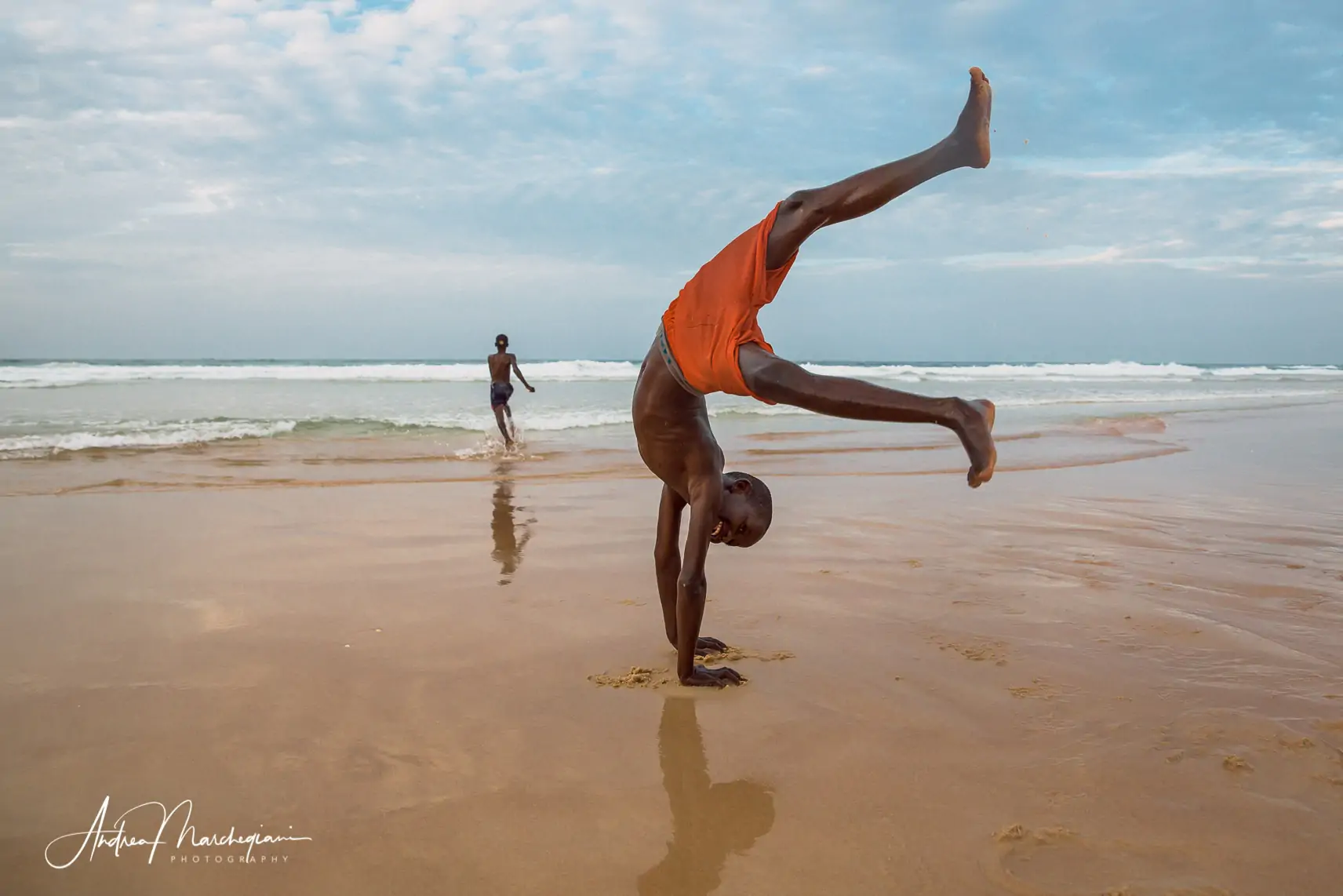
- Home
- Photo Galleries
- Portrait Photography
- Landscape Photography
- Street Photography
- China
- Ethiopia
- India
- Holy Ganges
- Varanasi
- Varanasi Ganga Aarti
- Varanasi, Manikarnika Ghat
- Varanasi Streets & Alleys
- Varanasi Demolition
- Varanasi Fruit Market
- Sarnath
- Brick Kilns
- Tamil Nadu, Chennai & Mamallapuram
- Tamil Nadu, Fort Tirumayam & Madurai
- Tamil Nadu, Tiruvannamalai & Thanjavur
- Kerala, Munnar
- Kerala, Peryiar
- Kerala, Backwaters
- Kerala, Kochi
- Kazakhstan
- Myanmar
- Senegal
- Uzbekistan
- Travel Blog
- China
- Ethiopia
- India
- Tamil Nadu & Kerala
- Varanasi
- Whato to do in Varanasi
- Varanasi Life along the Ghats
- Varanasi Death along the Ghats
- Varanasi Ganga Aarti Ceremony
- Varanasi demolished to honor Shiva
- Varanasi Fruit Market
- “Varanasi, A Journey into the Infinite”
- Sarnath
- All about River Ganges
- Holy Shit. All about Indian Cow Dung
- Clean India Project
- Brick factories
- Tilaka, pundra, bindi: what is the mark on Indian foreheads?
- Kazakhstan
- Mongolia
- Ulaanbaatar, the coldest capital in the world
- What to do in Ulaanbaatar
- Chinggis Khan Museum, 6 floors of Mongolian history
- Gorkhi-Terelj National Park and Bodgkhan Natural Reserve
- Altai Mountains, Things to do in Olgii and Sagsai
- Living with the Eagle Hunters
- Sagsai Eagle Festival
- Navrus Festival
- Xöömej, Mongolian throat singing
- Mongolian Food
- Myanmar
- Senegal
- Uzbekistan
- Latest Posts
- Photography Blog
- About
- Prints
Share with your friends:
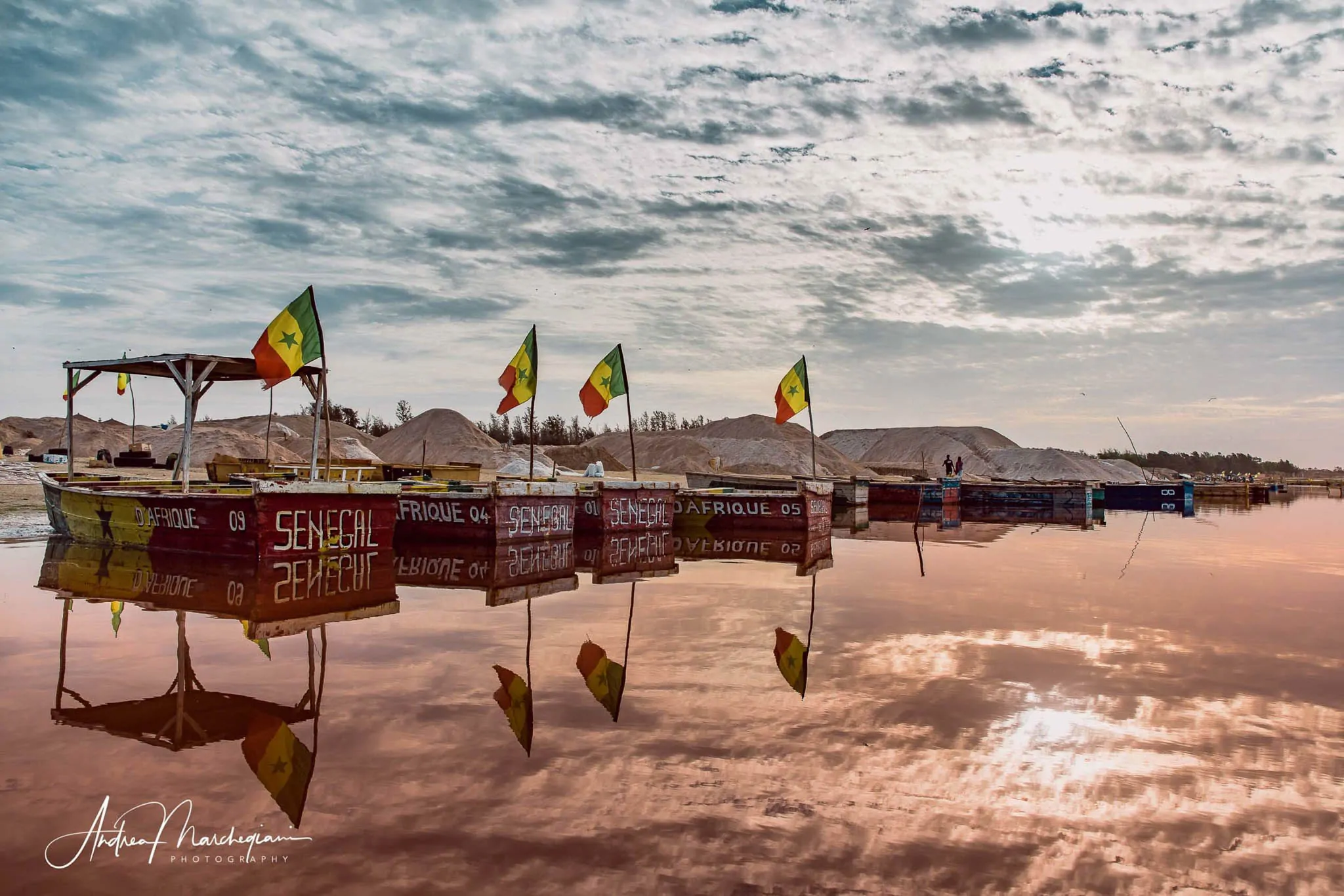
Lake Retba, why is it pink?
I return to Dakar after an intense visit to Goree, the island of slaves, and I head towards Lac Rose (Lake Retba), one of the most evocative naturalistic places of Senegal.
It is a small salt lake separated from the ocean by a strip of sand, famous for its intense salinity (superior to that of the Dead Sea) and for its bright pink color, which is due to the presence of a halophilic bacterium.
In fact, measurements show that 300 grams of salt are present in one litre of water, a quantity 10 times higher than the levels found in common sea water. The fish have adapted but are smaller than normal. They have managed to survive in such salty water, but they suffer from dwarfism!
The thin strip of sand that separates the lake from the ocean could disappear within a few years, due to the unpredictable effects of climate change. It is therefore a very delicate and unique ecosystem. It is no coincidence that, in order to protect it, UNESCO is debating the possibility of making it a world heritage site.
Visiting it was one of the main reasons of my trip. It is a very cloudy afternoon and we arrive just before sunset. The show is disappointing. The water is pink only in a few spots, but overall the lake seems to have a fairly common coloring. We ask how it is possible to a local girl and she explains that the lake turns pink with the sun, because the bacteria reacts to light.
I choose the right angle and I can still take some photos where you can clearly perceive the extraordinary color of the lake.
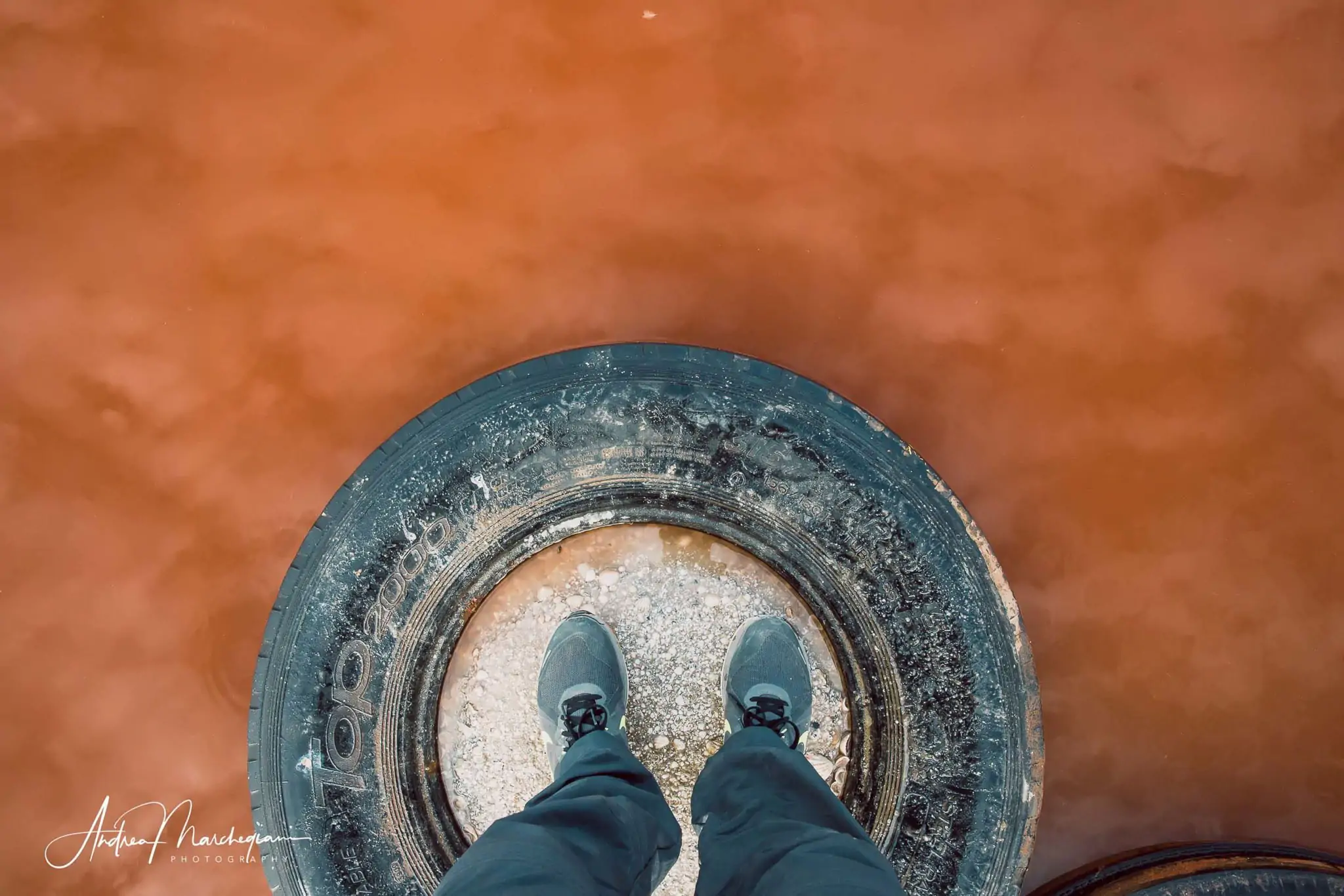
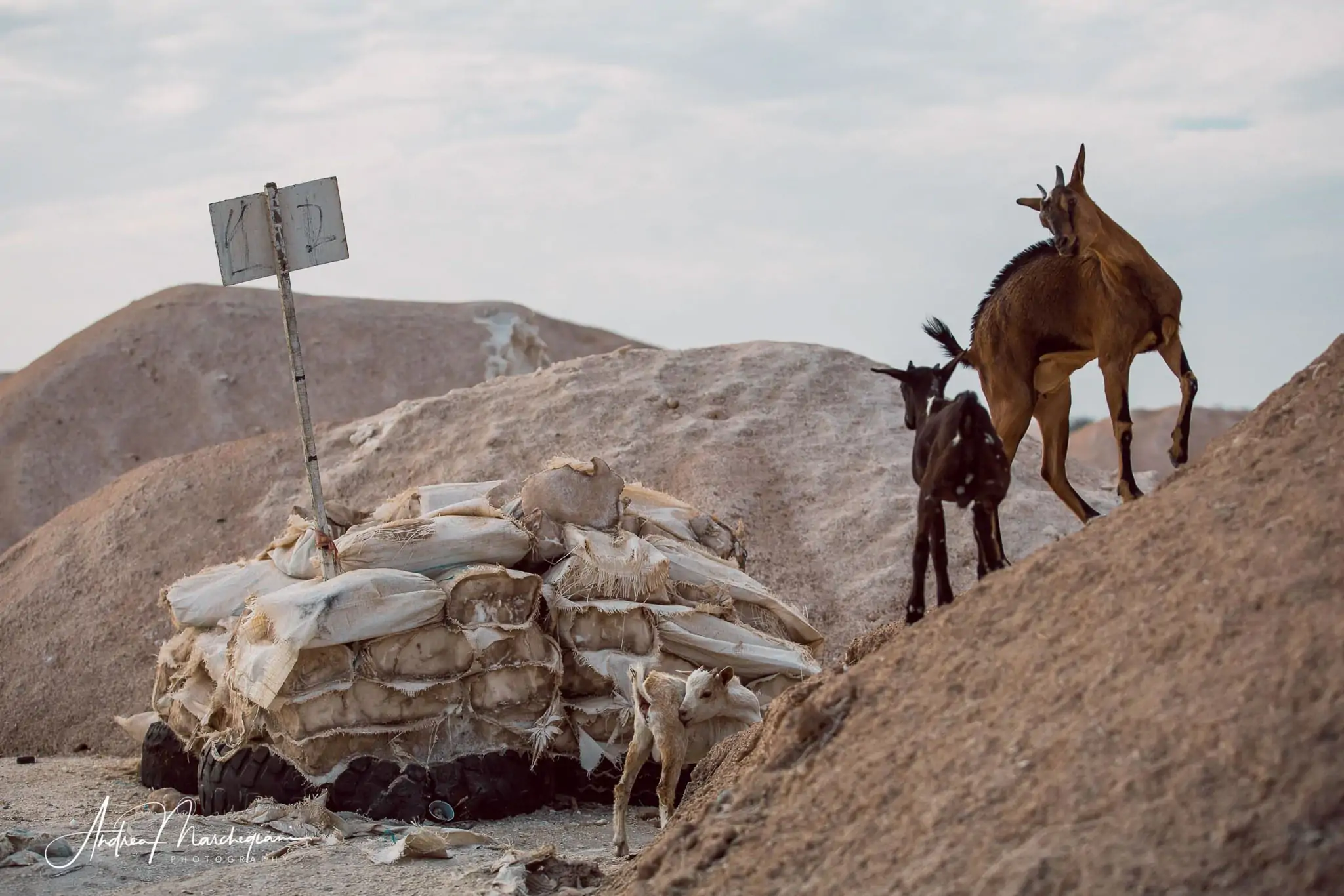
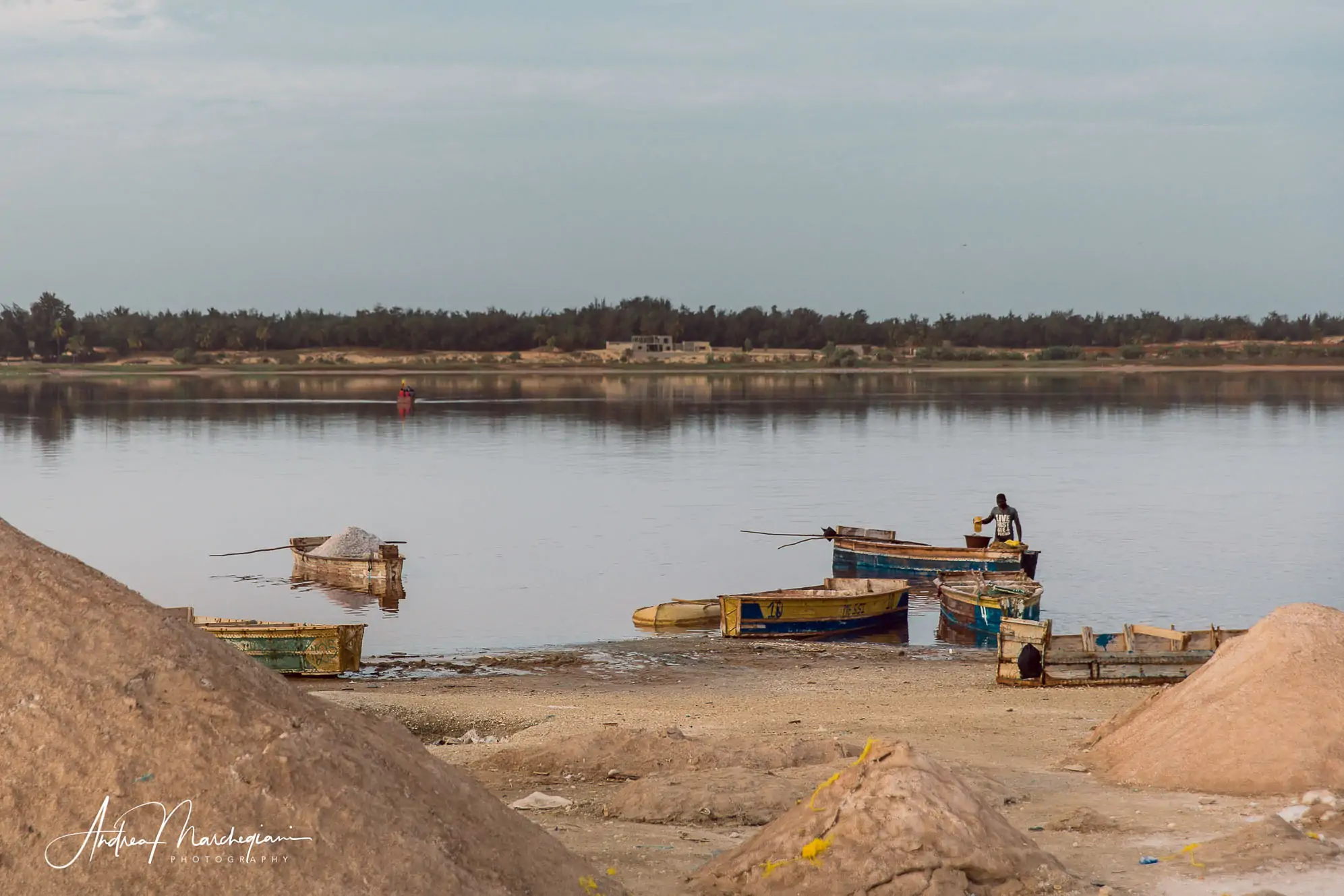
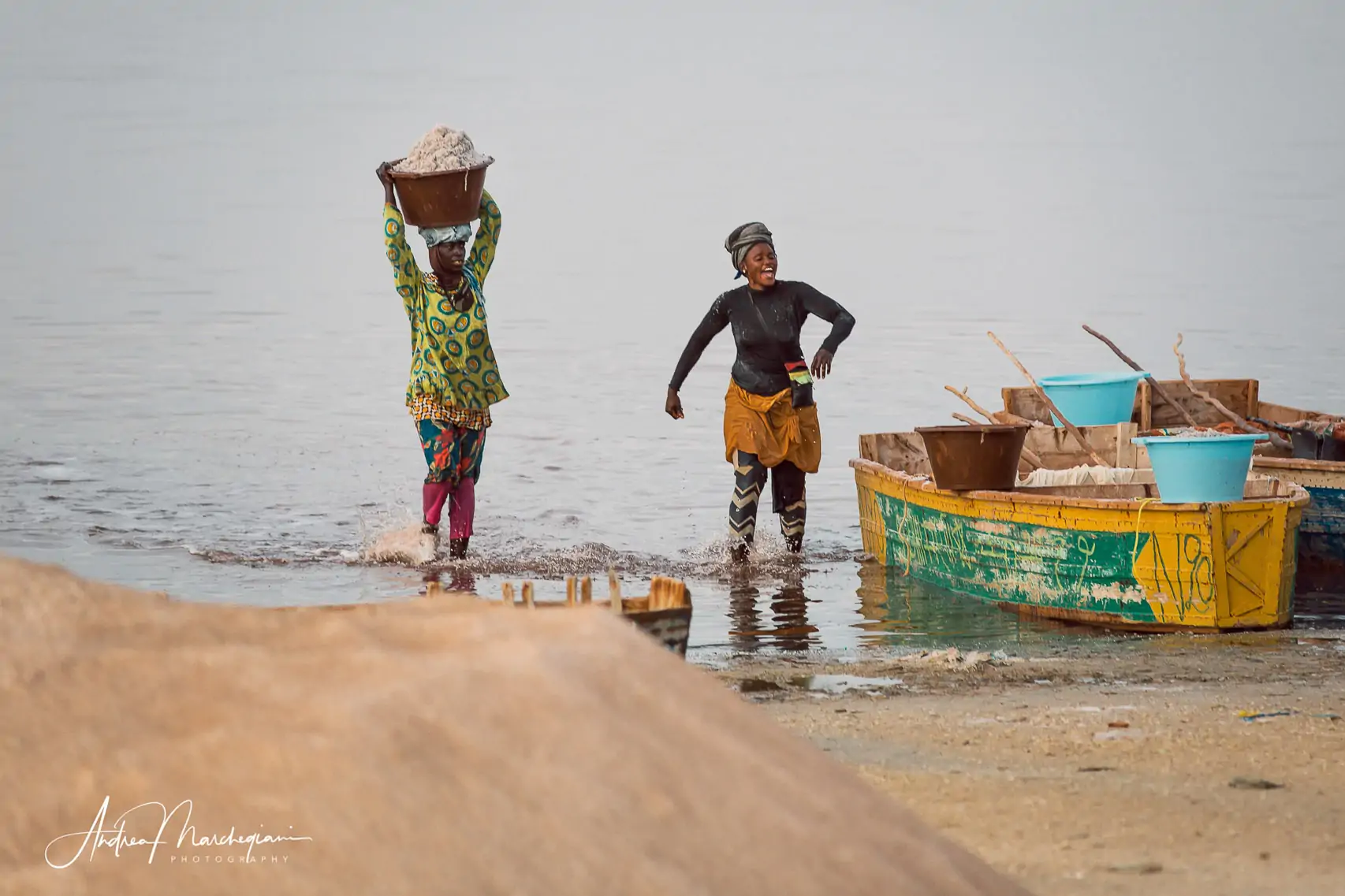
The salt pans of Lake Retba
On the shore, although the sun has just set, there are many people busy in salt extraction processes. The locals exploit the high salinity of the water to obtain salt and sell it. The operation is still completely artisanal.
“I can carry up to 100 buckets of salt on my head every day,” explains a woman. It must be a grueling and dangerous job. Being immersed in water for so many hours a day, in fact, causes long-term health problems.
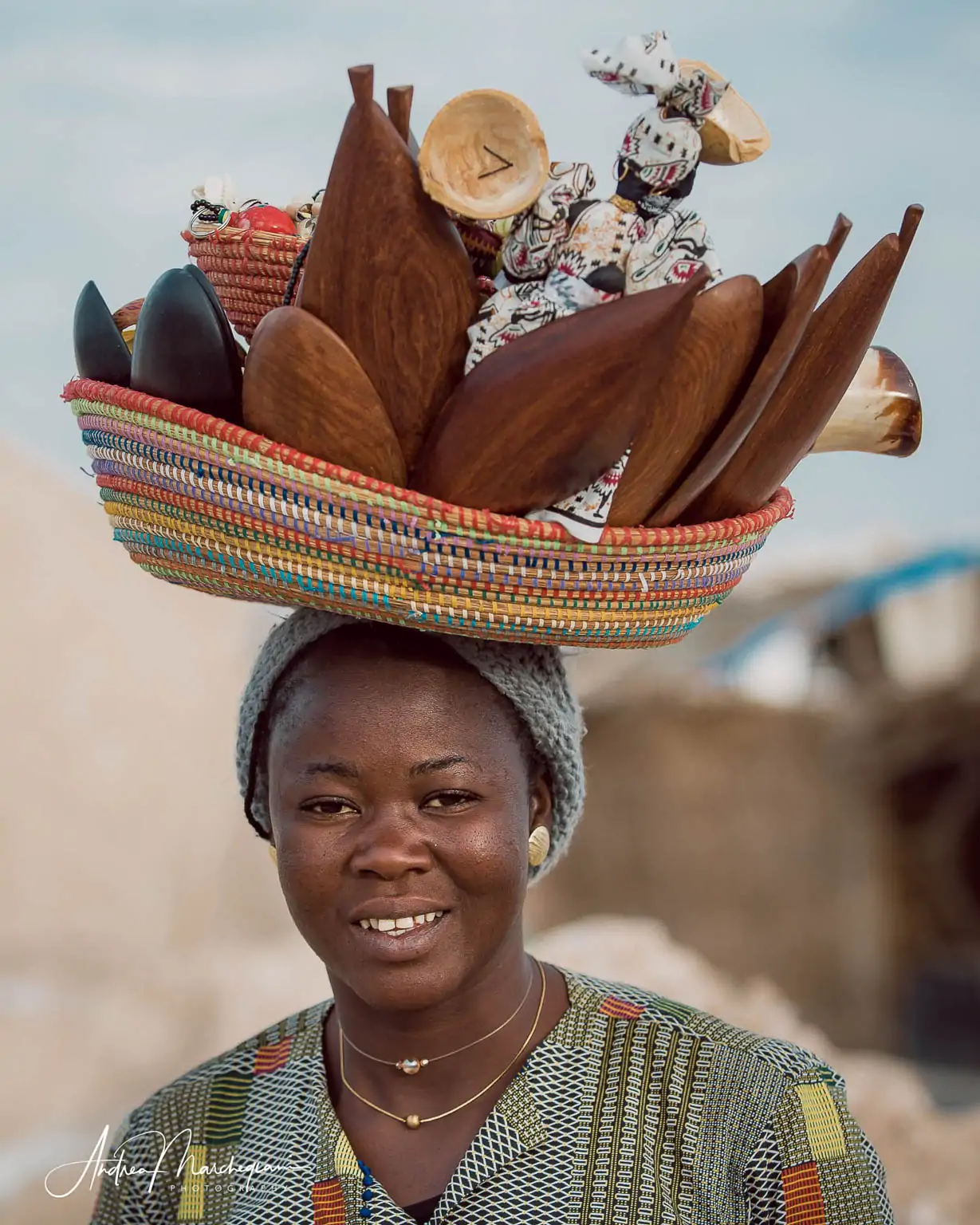
I leave the lake behind me and go to see the ocean. On the beach a dozen children play football and bathe. I approach them and we immediately become friends. They get photographed between big smiles and stunts. The atmosphere is definitely different from the one I breathed in Goree, the island of slaves, a few hours ago. The words of the guide come to mind. “Africa has lost 20 million healthy and strong men over the course of 3 centuries. Men who could have worked to build a stronger country, a better country”.
As a Westerner, I feel I owe a huge debt to these children. I come from a world that lives in prosperity because it has taken it away from them. And the regret of not having seen the pink waters of the lake fades away with the setting sun.
